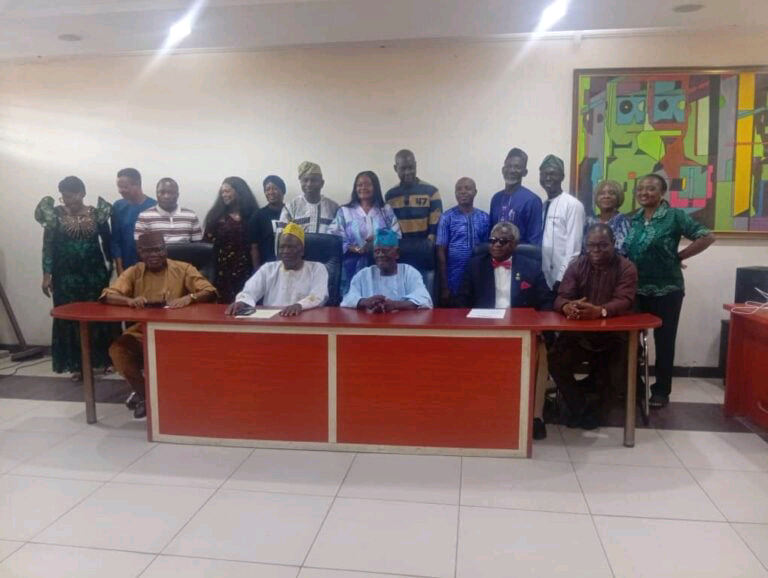Civil Society Organizations (CSOs) unveil Tax Justice Platform, Advocate Enhanced Transparency

Key stakeholders, including CSOs, have urged for heightened advocacy and robust implementation of tax policies throughout Nigeria.
This consensus was reached on Wednesday during the inauguration and induction ceremony of the Federal Capital Territory (FCT) chapter of the Tax Justice and Governance Platform (TJ&GP).
The event convened by stakeholders from governmental bodies, policy institutions, and tax experts, who deliberated on strategies to refine the nation’s tax framework through improved data accessibility, public enlightenment, transparency, and accountability.
Participating CSOs included ActionAid Nigeria, Civil Society Legislative Advocacy Centre (CISLAC), International Budget Partnership (IBP), Nigeria Labour Congress (NLC), Oxfam, Centre for Democracy and Development (CDD), and Christian Aid.
Chika Okoh, Senior Programme Coordinator on Tax Equity at IBP, remarked that tax advocacy remains a fragile aspect within Nigeria’s governance landscape.
“Budget advocacy is robust — there are numerous individuals engaged in budget analysis and scrutinizing expenditure.
“However, there is a paucity of analysis on the government’s revenue forecasts — how they plan to finance the budget, the nature of tax revenue, and its trajectory. For example, VAT stands at 7.5%, yet we still encounter a deficit, impacting expenditure,” Okoh noted.
The IBP official underscored the necessity for heightened emphasis on tax transparency and accountability.
Chinedu Bassey, a member of the TJ&GP steering committee and tax expert, stated that the new FCT chapter is part of efforts to establish a multi-stakeholder platform for evidence-based tax governance.
“Our goal is to develop a tax engagement agenda tailored to the FCT and at the national level to bolster sustained advocacy,” he stated.
Bassey mentioned that the platform would foster capacity building among civic actors and enhance coordination between state and non-state entities to advance tax and fiscal justice advocacy in the FCT.
“There will be targeted advocacy to engage key stakeholders in the formulation and implementation of gender-responsive tax policies,” he added.
The expert also highlighted the necessity for widespread tax education in the FCT to elevate public awareness and stimulate citizen involvement.
Kolawole Banwo, Executive Director of the Initiative for Participation, Accountability, and Inclusive Development (I-PAID), urged new members to concentrate on making meaningful contributions to the platform rather than merely seeking benefits.









